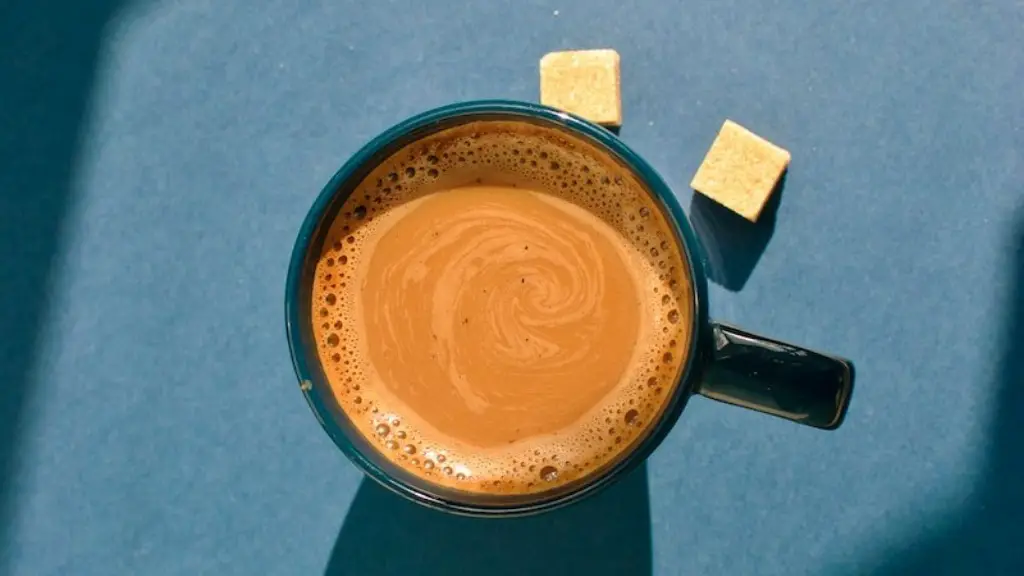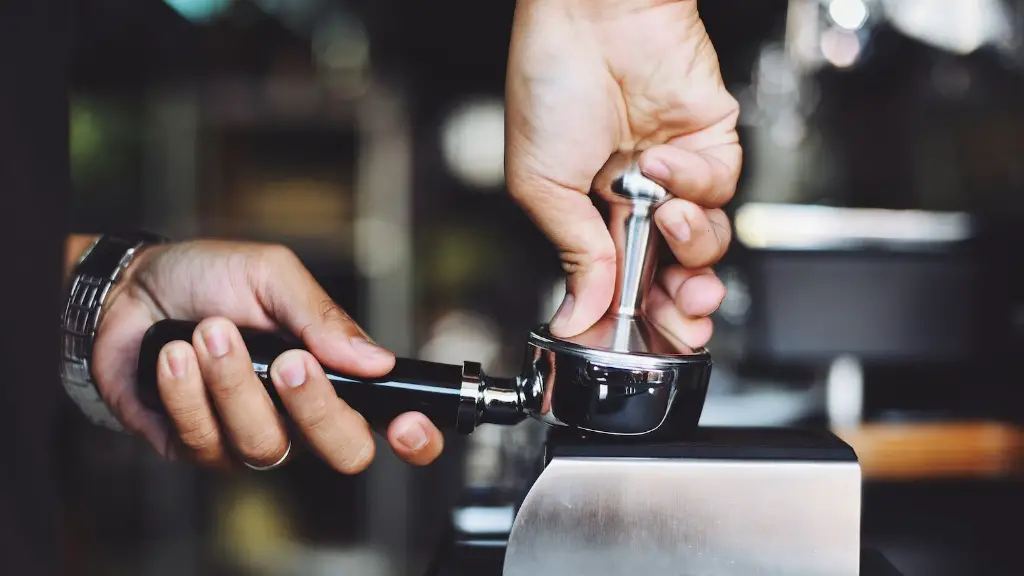Diverticulitis and Coffee Drinking Habits
Most people love their daily cup of coffee, but for a person with diverticulitis, it’s important to pay attention to what kind of coffee they’re drinking. When most people think of coffee, they think of a caffeinated beverage, but decaf coffee is a popular alternative – but is it safe to drink if you’re suffering from diverticulitis?
What is Diverticulitis?
Diverticulitis is a condition that affects the large intestines, where small, pouch-like pockets form in the wall of the intestine, known as diverticula. These pockets can become inflamed and infected, resulting in a case of diverticulitis. Symptoms associated with diverticulitis include pain in the lower abdomen, nausea, vomiting, diarrhea, and fever. Diverticulitis can either be chronic or acute and is often treated with a combination of antibiotics and a liquid diet.
The Caffeine-Diverticulitis Relationship
Caffeine is a stimulant that’s found in many foods and beverages, including decaf coffee. But when it comes to diverticulitis, research suggests that caffeine may aggravate the symptoms. This is because when caffeine is absorbed into the body, it increases the pressure inside the intestines, which can make the diverticula even more inflamed. In addition, caffeine can lead to dehydration, which can worsen symptoms of diverticulitis.
The Decaf Dilemma
This leaves many people with diverticulitis wondering if they can drink decaf coffee. The good news is that decaf coffee typically contains only trace amounts of caffeine and so is considered safe to drink for people with diverticulitis. In general, it’s safest to stick with a lighter version of decaf coffee and to be sure to drink plenty of fluids to stay hydrated and help manage symptoms.
Bedrest and Activity Restriction
It’s also important to follow a bedrest and activity restriction regimen to ensure that the pain caused by diverticulitis is minimized. This means limiting physical activity and avoiding strenuous exercise, as well as resting. When a person is suffering from diverticulitis, bedrest is often recommended as the best way to manage symptoms and reduce the risk of complications.
Alternative Drinks for Diverticulitis
In addition to coffee, there are other drinks that can be beneficial for people with diverticulitis, including teas and herbal infusions. These are especially beneficial because they are rich in antioxidant and anti-inflammatory properties, and can help relieve pain and discomfort. Plus, these drinks contain less caffeine than coffee, so they can help reduce the risk of dehydration and pressure on the intestinal wall.
The Takeaway
All in all, decaf coffee is generally safe to drink for people with diverticulitis, but it’s important to be sure to drink plenty of fluids, such as water and herbal teas, to stay hydrated. Additionally, following a bedrest and activity restriction regimen is key to managing symptoms and preventing complications. By following these simple steps, people with diverticulitis can enjoy their cup of coffee safely.
Managing Symptoms and Treatment
Managing the symptoms of diverticulitis depends on individual factors such as the severity of the condition, age, and overall health. Treatment may include antibiotics, a liquid diet to reduce inflammation, pain relievers, and in some cases, surgery. Regular checkups with your doctor are key to managing symptoms, and this includes discussing diet and making lifestyle adjustments. Additionally, lifestyle changes such as reducing stress and quitting smoking can also help to manage symptoms.
Mindful Eating
Eating a healthy, balanced diet is one of the most important steps a person with diverticulitis can take to manage symptoms and prevent flare ups. This means eating a variety of foods that include plenty of fruits, vegetables, and whole grains, and avoiding processed and fried foods. Eating slowly and mindfully can also be beneficial for people with diverticulitis, as well as avoiding foods that can aggravate symptoms, such as caffeine and spicy foods.
Exercise and Stress Relief
Getting regular exercise is also important for people with diverticulitis as it helps to reduce inflammation, improve circulation, and reduce stress. Gentle forms of exercise such as yoga and walking are best, as they don’t put too much pressure on the abdominal wall. It’s also important to practice stress-relieving activities such as meditation, breathing exercises, and mindfulness to be able to better manage symptoms.
The Benefits of a Healthy Lifestyle
Making lifestyle changes such as eating a healthy diet and getting regular exercise can have positive effects on a person’s overall health. These healthy habits can help reduce the risk of complications, improve overall energy levels, and boost the immune system. Additionally, staying mindful when it comes to eating and exercising can help to reduce stress, which can further help to manage symptoms of diverticulitis.


